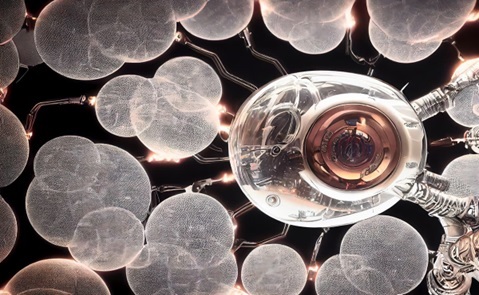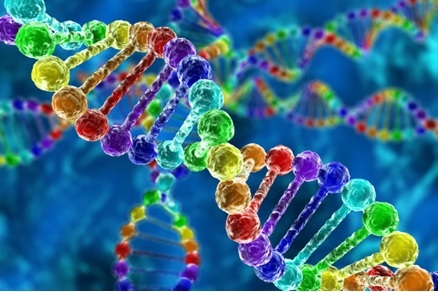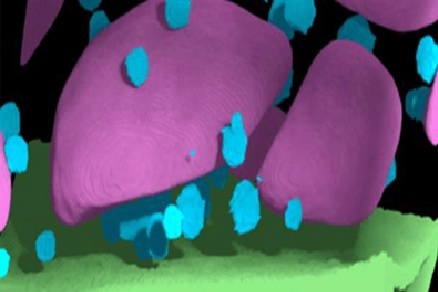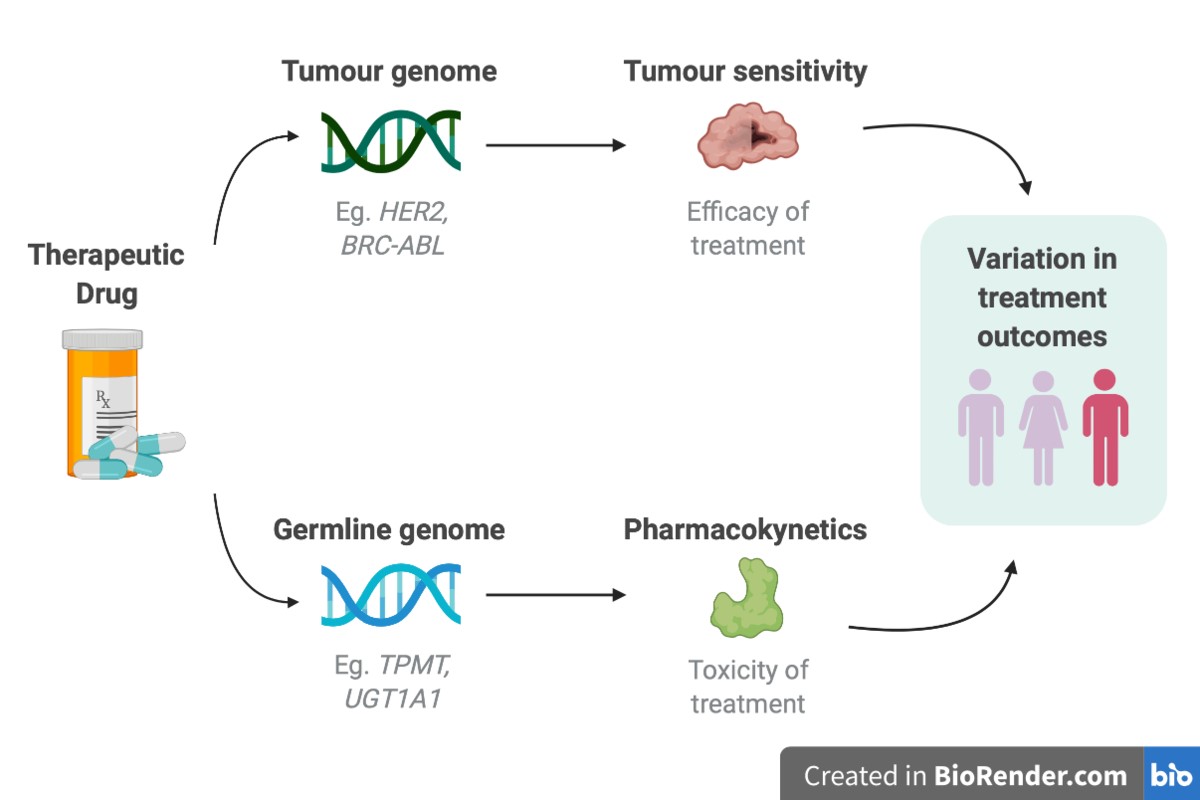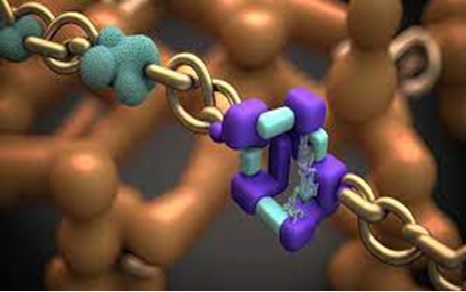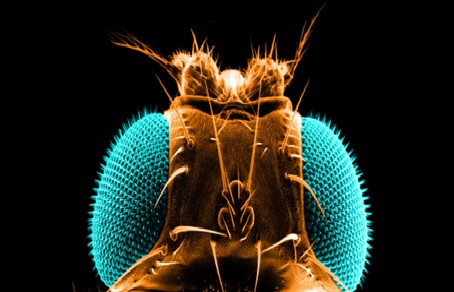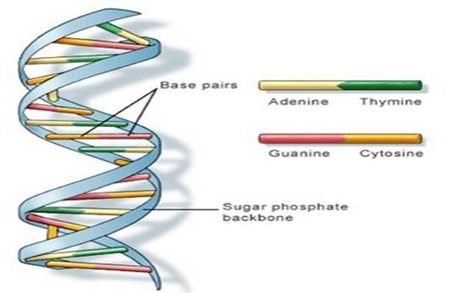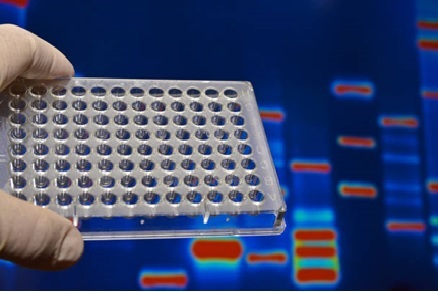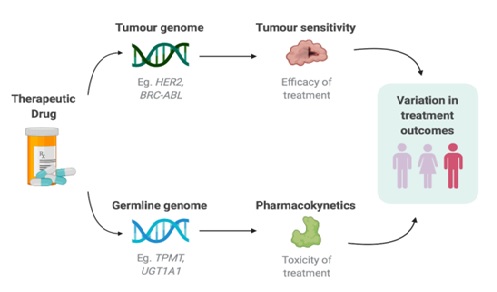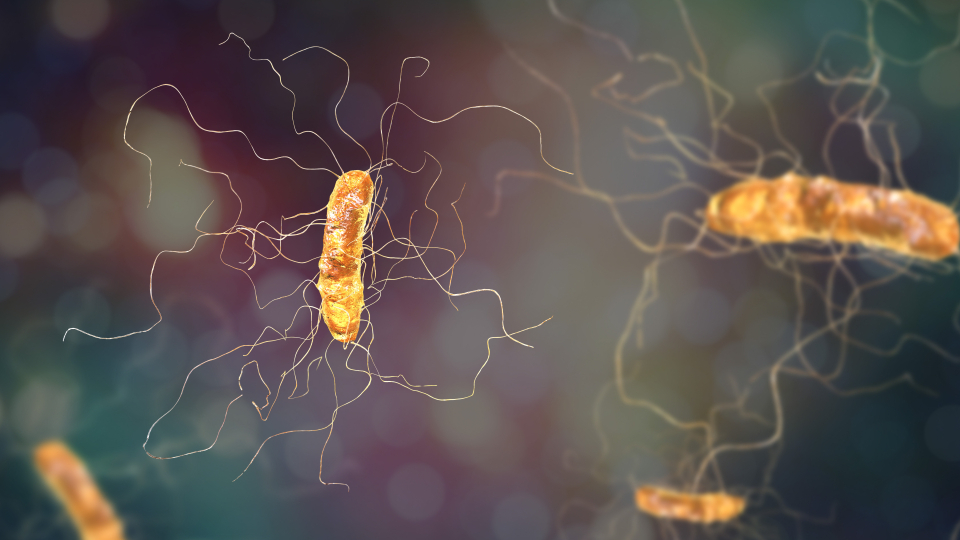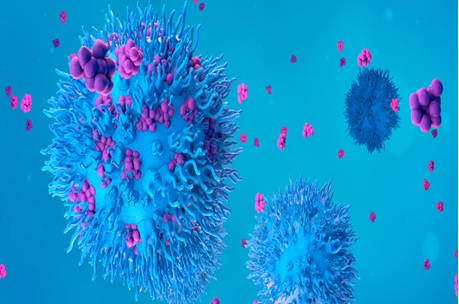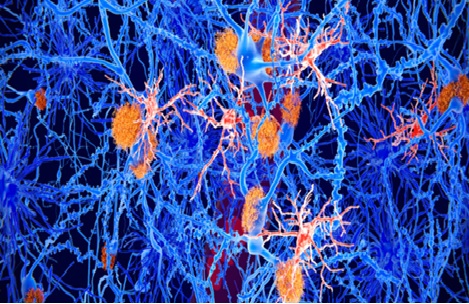Possible Connection Between Mom's Vitamin D Intake and Schizophrenia Origins
Researchers have made a significant discovery regarding the role of maternal vitamin D levels in the development of brain cells responsible for dopamine production, which is known as the body's "feel-good" chemical. Utilizing molecular imaging technology, they have confirmed the crucial influence of maternal vitamin D levels on these brain cells. This finding contributes to a deeper understanding of the mechanisms underlying neurodevelopmental disorders such as schizophrenia.
The research suggests that adequate levels of vitamin D during pregnancy are essential for proper brain development in the fetus, specifically related to the production of dopamine. Dopamine plays a critical role in regulating mood, reward, and motivation, and disruptions in its production have been linked to various psychiatric disorders.
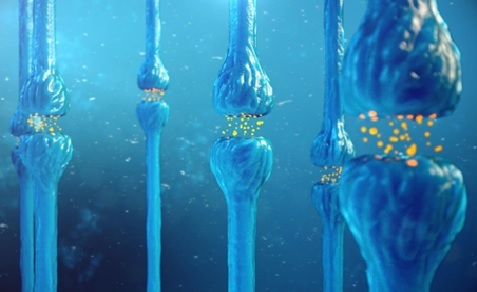
Figure .1 Possible Connection Between Mom's Vitamin D Intake and Schizophrenia Origins
Figure 1 shows by shedding light on the association between maternal vitamin D levels and dopamine-producing brain cells, this study offers valuable insights into the potential factors contributing to neurodevelopmental disorders. This knowledge could aid in the development of targeted interventions and preventive measures to improve brain health and reduce the risk of such disorders.
Scientists generated dopamine-like neurons to simulate the developmental process in embryos. These neurons were cultured with and without calcitriol, the active form of vitamin D. Ingested vitamin D undergoes enzymatic reactions in the body, including conversion to calcitriol in the kidney. Calcitriol binds to the vitamin D receptor in the cell nucleus, activating it. This experiment allowed researchers to examine the effects of active vitamin D on dopamine neuron development and understand its role in neurodevelopmental disorders such as schizophrenia.
The researchers observed that vitamin D not only influenced the differentiation process of the cells but also had an impact on the structure of the neurons. Darryl Eyles, the corresponding author of the study, explained that the presence of vitamin D altered the differentiation process, leading to different growth patterns in the cells. Furthermore, the researchers found that the presence of vitamin D also affected the recruitment of cellular machinery involved in the release of dopamine. This discovery suggests that vitamin D plays a role not only in the development but also in the functional properties of dopamine-producing neurons.
The researchers discovered that vitamin D had a significant impact on the structure and function of neurons. Specifically, they found that the presence of vitamin D increased the number of neurites, which are projections that extend from the cell body of a neuron and are essential for signal transmission in the nervous system. Additionally, the distribution of proteins responsible for dopamine release within these neurites was altered.To investigate how vitamin D influenced dopamine uptake and release, the researchers utilized a new imaging tool called false fluorescent neurotransmitters (FFNs). FFNs are small-molecule dyes that mimic the action of neurotransmitters, such as dopamine. This innovative imaging technique allowed the researchers to analyze changes in dopamine storage and release in the presence or absence of calcitriol. By using FFNs, they were able to visualize the storage and release of individual dopamine molecules at nerve terminals, providing valuable insights into the dynamics of dopamine neurotransmission.
The integration of FFNs as an imaging tool provided a powerful means of studying the effects of vitamin D on dopamine-related processes at a molecular level. This technique enabled the researchers to examine the storage and release of dopamine molecules in real-time, enhancing our understanding of the influence of vitamin D on neurotransmitter dynamics within the brain.The researchers observed that the presence of calcitriol, the active form of vitamin D, led to an enhancement in dopamine release in neurons compared to the control group. This finding provides conclusive evidence that vitamin D influences the structural differentiation of dopaminergic neurons.
By employing FFNs to specifically target and observe single dopamine molecules, the researchers were able to validate their longstanding hypothesis that vitamin D levels during development impact the formation of dopamine-producing neurons. They believe that early alterations in the differentiation and function of dopamine neurons could contribute to the dopamine dysfunction observed in adults with schizophrenia.This study highlights the crucial role of vitamin D in the development and functioning of dopamine neurons and provides valuable insights into the potential mechanisms underlying neurodevelopmental disorders like schizophrenia. Understanding these early changes in dopamine neuron development may contribute to the development of improved strategies for early intervention and therapeutic approaches in the future.
If other environmental risk factors for schizophrenia, such as low oxygen levels or infection during pregnancy, also affect how dopamine neurons develop, the researchers aim to look into that.[1]
References:
- https://newatlas.com/medical/origins-schizophrenia-maternal-vitamin-d/
Cite this article:
Janani R (2023),Possible Connection Between Mom's Vitamin D Intake and Schizophrenia Origins, AnaTechMaz, pp.183



